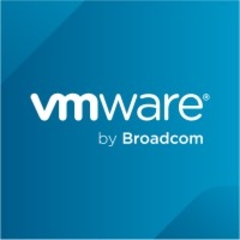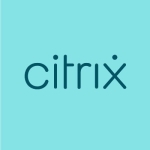The most common use case for VMware vSphere is, of course, virtualization, specifically operating system virtualization. We also have containers that are running on them.
Essentially, we have the flexibility for a hybrid cloud. We could easily move workloads from on-premises to the cloud and vice versa if we were running on-premises and cloud, which is one of the most important points in the new releases, in particular.
The quality of support could be better.
We have been using VMware vSphere for six to seven years.
We have dealt with various versions that range from 5.5 to 7.
VMware vSphere is a stable solution.
In our organization, we have at least 60,000 users.
It is being used extensively. It is one of the core products in the infrastructure.
Support has not been as good as it once was. It used to be better, but it appears that the quality of support is declining for some reason. I'm not sure why.
Previously, we were using Hyper-V, but I don't have a lot of experience using it.
The initial setup was quite straightforward. It's very simple.
The time it takes to set up will vary, but it will most likely be within a day. You could set up the environment in a day. It is determined by a variety of factors. If it is done by an experienced engineer, it will be done within a day. If not, it will take longer.
We have a team of three engineers to deploy and maintain this solution.
Licensing fees are paid on a yearly basis. The license is a one-time payment. You buy it once and own it forever, but you must pay for support, which is provided by the vendor, on a yearly basis.
We are also using NSX and vSAN. We have been using NSX for three years.
It's not strictly a cloud solution; it can be on-premises as well as in the cloud. It is, in essence, a network virtualization solution. It can be used for virtualizing the network, virtual routers, virtual switches, and virtual firewalls.
Virtualization and on-demand networking are two of the benefits. On-demand networking is the best option if I can memorize it. If you need virtual switches, we can create them as well as routers.
Virtualization would be our area of expertise.
VMware vSphere is, in my opinion, one of the best in its class on the market. However, depending on the use cases, we could certainly recommend it.
I would rate VMware vSphere a nine out of ten.




















